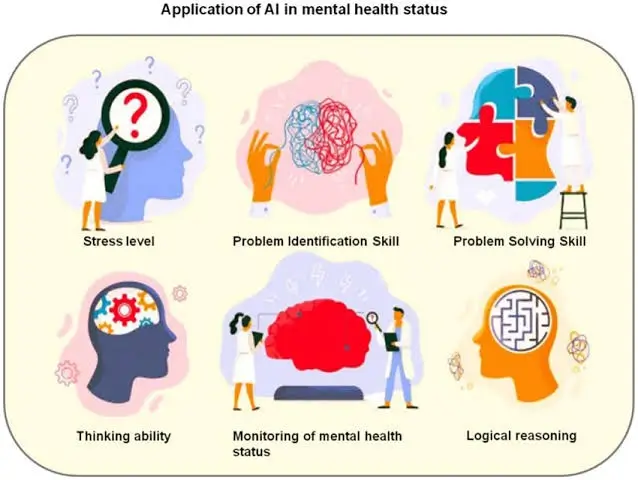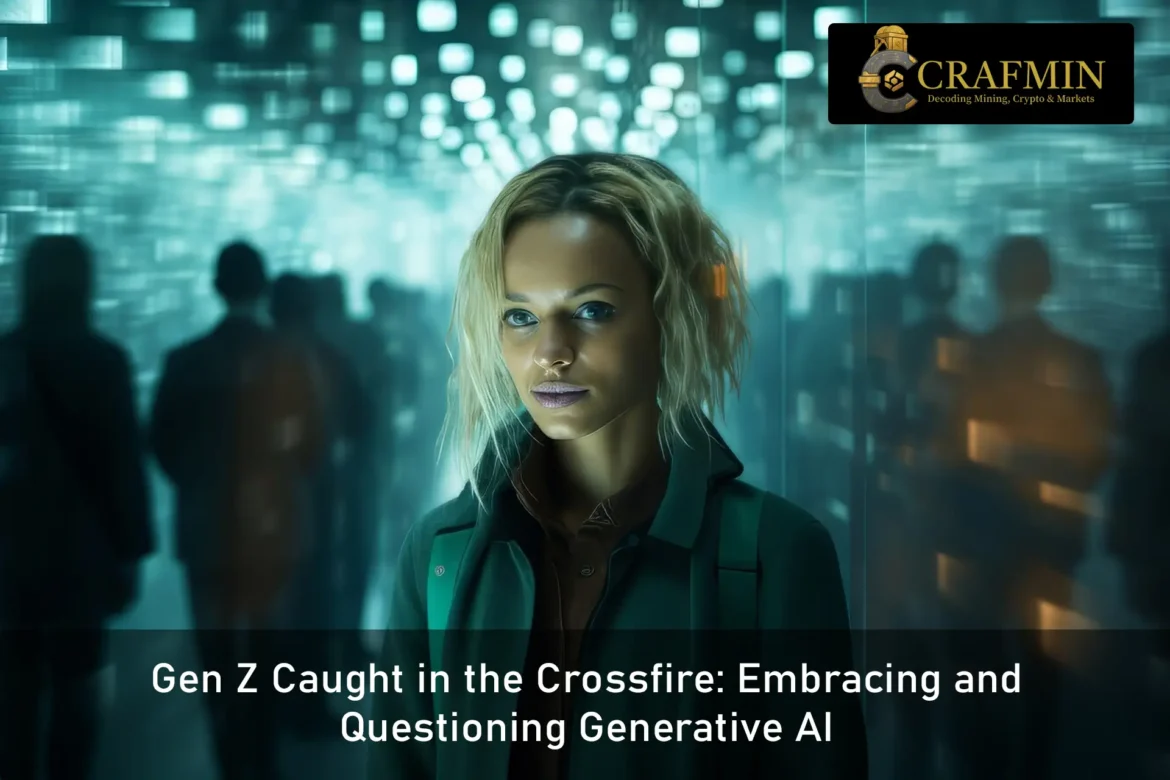A Generation at a Digital Crossroad
Raised on social media, smartphones, and constant connectivity, Gen Z now faces a new disruptor: generative AI. This technology, which powers everything from digital art and copywriting to mental health chatbots and virtual tutors, is redefining daily life. But instead of wholeheartedly embracing it, many Gen Zers find themselves torn—excited by its capabilities, yet anxious about its implications.

Gen Z at a tech turning point ( Image Source: PR Daily )
The Push and Pull of AI Adoption
For each benefit that AI provides, there’s a potential drawback. Gen Z isn’t blindly following tech trends. They’re critically evaluating the social, ethical, and professional consequences of using AI. It’s not just about convenience—it’s about identity, creativity, and the future of human potential.
Why AI is So Tempting
Generative AI tools are incredibly efficient. Platforms like ChatGPT, Midjourney, and Synthesia help users complete assignments, design visuals, or generate videos within minutes. According to a Deloitte report, nearly half of Australian Gen Zers use AI tools for study or work.
Students use them to plan essays or automate research. Junior employees in marketing and tech rely on AI to meet deadlines. Even creatives are blending AI into their workflows. The ease is addictive—but it also raises new concerns.
The Growing Unease
Despite their tech-savviness, a significant number of Gen Zers experience unease when using AI. A Gallup poll found that 40% of this demographic feels anxious about it.
Why? It’s the fear of losing essential human attributes—critical thinking, emotional depth, and originality. There’s also concern about dependency: If AI does it all, what do we really learn?
Also Read: Meta’s AI Falls Short of True Intelligence, Says Yann LeCun
AI and the Mental Health Dilemma
AI has entered mental wellness spaces with tools like Replika and Wysa offering 24/7 support. For some young people, these tools offer a safe outlet to share emotions. For others, they raise red flags about the emotional limitations of algorithms.
While some studies suggest AI companions reduce loneliness, others warn that the lack of human empathy and social nuance may cause more harm than good. And considering that Gen Z already struggles with digital fatigue, the irony is sharp: AI may be both a salve and a source of stress.

AI’s impact on Gen Z’s mental wellbeing ( Image Source: ResearchGate )
Classroom Companion or Cheat Code?
In Australian schools and universities, AI is creating both opportunities and ethical concerns. Teachers use it to tailor lesson plans. Students use it to complete assignments.
While it helps struggling learners keep up, there’s a downside. Over-reliance on AI can stunt skill development. A growing number of students admit to using generative AI not just for help, but to bypass hard thinking.
This has educators scrambling. Some are introducing AI literacy, while others return to oral exams or handwritten assignments. The message is clear: AI should assist learning, not replace it.
Gen Z and the Future of Work
Entering a labour market transformed by automation, Gen Z finds themselves at a crossroads. Many employers now expect candidates to be proficient with AI tools. Yet the same tools threaten job stability by automating routine tasks.
New roles like “prompt engineer” are emerging, and side hustles powered by AI are gaining popularity. But concerns around fair pay, data privacy, and career longevity persist. For Gen Z, embracing AI feels necessary but risky.

Gen Z reshaping tomorrow’s workplace ( Image Source: CCI Consulting )
Ethical Questions Without Easy Answers
Gen Z has consistently demonstrated a strong interest in ethics and social justice—and AI challenges both. From algorithmic bias and surveillance concerns to data exploitation and misinformation, generative AI presents moral quandaries.
This generation demands answers. They ask where training data comes from. They question algorithmic transparency. They call for safeguards and accountability. And they aren’t afraid to reject technologies that fall short of their values.
Societal Impact and AI-Driven Misinformation
Beyond individual usage, Gen Z is aware of the broader implications. Deepfakes and misinformation campaigns are on the rise, enabled by generative AI. For a generation raised on truth and transparency, this is a serious concern.
Movements advocating for digital detoxes and tech-free lifestyles are gaining traction among young people. Some are switching to “dumb phones.” Others are limiting social media use or opting out of AI-enhanced platforms entirely.

AI fuels misinformation and reshapes society ( Image Source: Keele University )
What Gen Z Wants From AI
Control and clarity. Gen Z doesn’t reject AI—they want to guide its development. They seek transparency about how algorithms work. They advocate for regulation that protects users’ rights. And they want education systems that teach critical engagement, not just technical use.
Above all, they want AI to enhance human creativity and connection, not replace it.
Bridging the Gap: Recommendations for a Healthier AI Future
- AI Literacy in Education
- Schools should teach not just how to use AI, but how to understand its ethical and societal impact.
- Youth Inclusion in Policy
- Gen Z voices must be part of the policy-making process. Their insights are vital.
- Ethical Tech Development
- Developers should prioritise transparency, accountability, and bias mitigation.
- Mental Health Regulation
- AI-driven wellness tools must be closely monitored and always backed by human support.
- Hybrid AI Use
- Emphasise models where humans and AI collaborate, not compete.

Closing the divide for better AI use ( Image Source: LinkedIn )
Looking Ahead
Gen Z isn’t blindly embracing generative AI. They are assessing, questioning, and adapting. As the first generation to come of age in the AI era, they understand the stakes better than most.
Their scepticism isn’t rejection—it’s a call for better design, stronger ethics, and more inclusive dialogue. Gen Z is not a passive user base. They are active participants in shaping how AI evolves.
Final Thoughts
Generative AI is not going away. But how it fits into our world—and our sense of self—is still up for debate.
For Gen Z, the key question is not if they’ll use AI, but how. Will it be a tool for empowerment or a shortcut that compromises growth? That decision, in many ways, will define the next decade.
As they step into leadership roles, Gen Z will shape AI’s ethical trajectory. And in doing so, they might just redefine what it means to be human in the age of machines.
Great news — your article “Gen Z Caught in the Crossfire: Embracing and Questioning Generative AI” has been successfully published and is live on the Inside Retail website. You can view it here:

